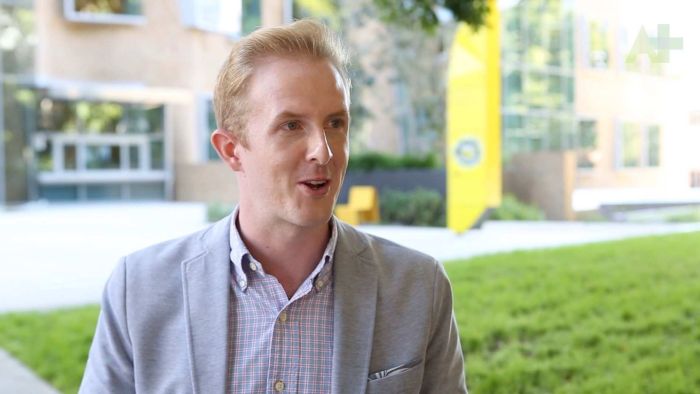Over the past few years, there has been much negative press and media publicity regarding foreigners being active on social media platforms and working in media roles within the People’s Republic of China.
In late July of 2021, the US Department of State released a statement, saying that the US is, “…deeply concerned with the increasingly harsh surveillance, harassment, and intimidation of U.S. and other foreign journalists in [China],” citing that the Chinese government, “claims to welcome foreign media and support their work,” but that its “harsh rhetoric…toward any news it perceives to be critical of [its] policies, has provoked negative public sentiment leading to tense, in-person confrontations and harassment,” which includes circumstances of online abuse and even death threats against journalists.
Despite this, many foreigners working in China’s media industry are not only more than happy to continue doing so, but wish to use their platform to help educate others about the nuanced cultural differences between China and other countries. One such worker is Harry Harding. More commonly known by his stage name, Hazza, Harding is a singer, radio host, journalist, and television host in China looking to emphasize the positives of boosting cultural understanding by working as a foreigner in Chinese media.
“I feel like here, in China, it’s not every day you would turn on the TV and see an Australian,” Harding said in a 2020 interview with That’s Magazine. Upon arriving in Beijing on vacation in 2011 as an aspiring singer and cash-strapped graduate of Griffith University, Harding’s airline lost his luggage. Not having enough clothing to last him through winter, he made his way south, to the warmer Guangzhou. When a producer at Guangzhou’s state-run television station noticed Harding’s cult following on social media, a then-21-year-old Harding was invited to an interview for a presenter role on the station’s international channel.
Presently, Harding finds himself amongst the few Australian media workers remaining in China. Following a dispute between the Chinese government and that of his native country, most of his fellow Aussie journalists were forced to leave the country—a move that Harding believes only serves as a further detriment to increasing feelings of mutual cultural understanding between China, foreign governments, and their people.
“Honestly, I feel it’s sad in a way,” Harding told The Sydney Morning Herald in late 2021 regarding the departure of his Australian peers from their media roles in China, “because I think China is so important to Australia’s future, and it is this place that’s so hard to understand.”
Harding is far from the only Australian expatriate working in Chinese media who shares this sentiment. In that same article published by TSMH in late 2021, Alex McCutcheon, who has spent nearly 12 years as a host of Hong Kong Satellite Television, was quoted as saying, “I don’t think that working for a…somewhat controlled [organization]…means that I’m working for the devil. It just means that I’m working within a system, and all of us kind of have to do that.”
Indeed, McCutcheon’s take is one rooted in truth. After all, each one of us — regardless of who we are, where we come from, or where we presently find ourselves — are individuals contributing towards a collective society. The largest difference is merely how we contribute, and how we are allowed to contribute to the collective betterment of our society and others in it. While some find abstract prejudice from those differences, others like Harding find opportunity; a means to bolster understanding between separate cultural, political, and societal groups.
“It’s about connecting the community,” Harding told That’s Magazine in his 2020 interview, referring to his role as Guangzhou’s chapter president of the Australia China Young Professionals Initiative. Harding continued by saying that instead of trying to change other people or the way they are allowed to live, “…the only thing you can change is your input in those interactions. Honestly, there are no other ways you can go about living in China.”
Over the course of his career in Chinese media, Harding has received numerous prestigious awards and recognition for his work in not only journalism, but working to improve cultural and socio-political differences between China and the West. In 2017, he became the first-ever Australian to receive the China News Award — one of the Chinese government’s most prestigious awards in media and journalism — for his work on a program that explored how technology made in China’s Guangdong province was being applied in his native country of Australia. Harding has also contributed to Little Ma Big Ha, a program that more deeply explores cultural differences between China’s society and those in the West.
“As a foreign television host and journalist working in China,” Harding tells us, “I feel obligated to help explore ways through which China and other countries can generate more meaningful understandings of the things that make us different. Because oftentimes, we find that we have far more in common with one another than we have differences.”
